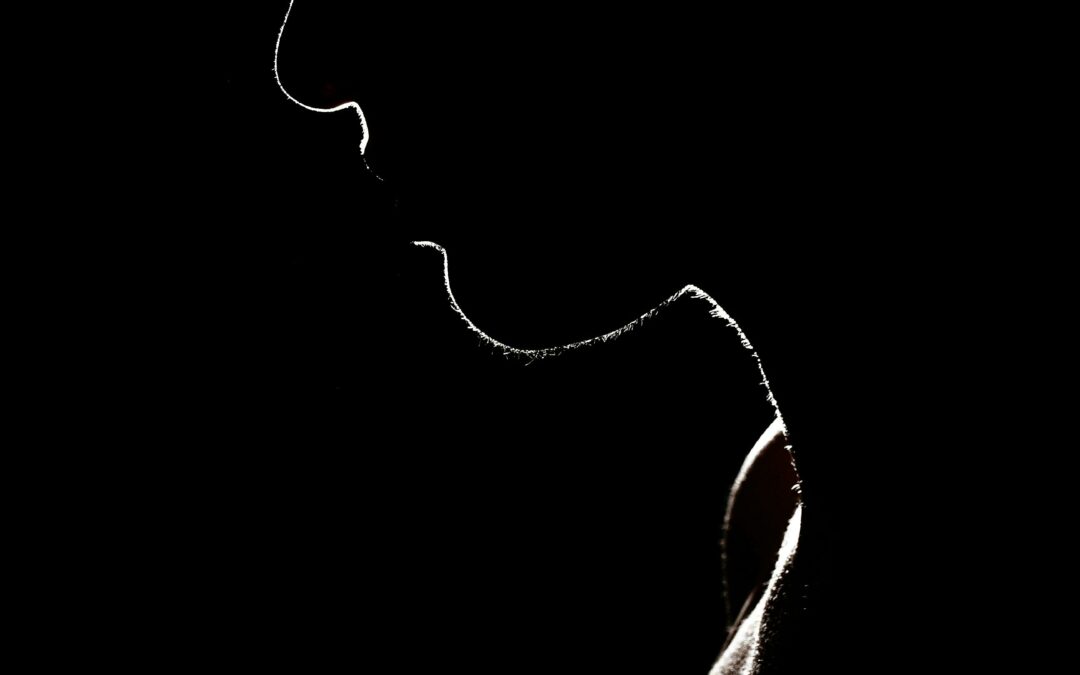According to Carl Jung: “the shadow describes the part of the psyche that the individual prefers to ignore. It contains the denied part of the Self. Everyone carries their dark side within them. The less it is incarnated within conscious life, the more black and dense it is. It is not by looking at the light that we become luminous, but by plunging into its darkness. But this work is often unpleasant, and therefore unpopular.”
The shadow is half of oneself and of life, as the night is half of a day.
Symbolically, our shadow can be represented by a monster to face, a dragon to fight, an imaginary enemy to face; these terrible beasts being only the external projection of our inner dark side. This hidden and unconscious shadow can also be projected externally by judgments, fears, prejudices on people or peoples…. And a crisis will inevitably make our shadows (re)emerge, both individually and collectively.
The modern human being can try to spend his life trying to ignore his shadow, in particular through incessant activities continually keeping him outside of himself, far from his shadow. Blocking and rejecting your shadow causes many imbalances and perversions. A crisis can suddenly put an end to the din and bring him face to face with himself and the sometimes distressing immensity of his inner universe.
Enemies and dangers, already potentially present during happy and peaceful times, can take on an omnipresent and particularly anxiety-inducing turn during times of crisis. Crises can only exacerbate the projections of our shadows and therefore force us to face them.

